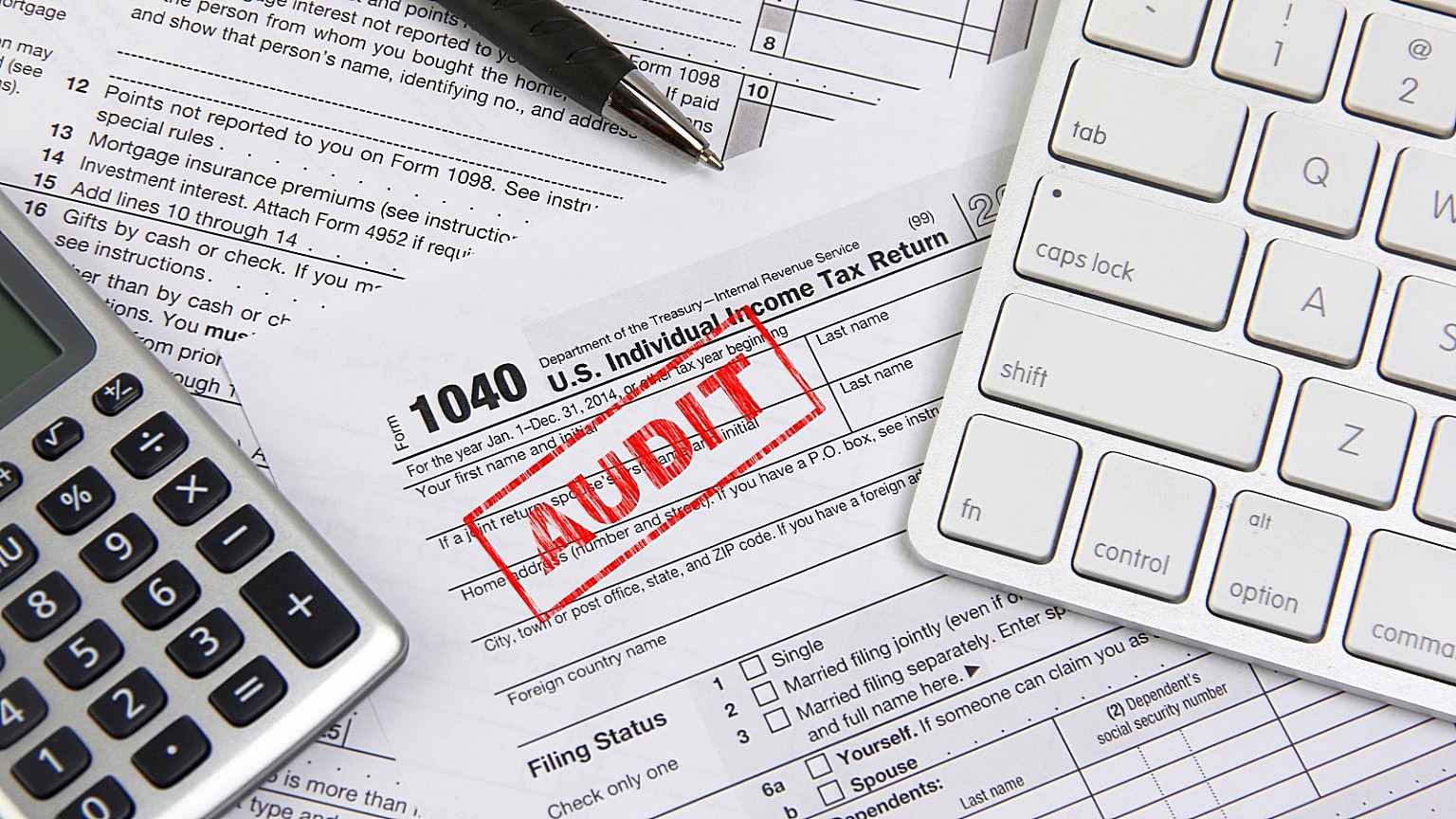
Tax Considerations for Healthcare Professionals
Tax considerations are a crucial aspect of financial planning for healthcare professionals. With a complex web of regulations and evolving tax laws, it’s essential for doctors, nurses, and other healthcare practitioners to stay informed and make strategic decisions to optimize their tax situations. If you, as a healthcare professional, are looking for personalized tax advice and assistance, you can check out https://taxhelpusa.com/. Meanwhile, there are five tax considerations that healthcare professionals should keep in mind:
Income Reporting and Deductions

Healthcare professionals often earn income through a combination of sources, such as salaries, fees for services, and self-employment income if they have a private practice. It’s vital to accurately report all sources of income to avoid tax evasion issues. Furthermore, take advantage of eligible deductions. Common deductions include expenses for continuing education, professional licenses, malpractice insurance, and business-related expenses if you run a private practice. Keeping detailed records is essential to support your deductions and minimize your taxable income.
Tax-Efficient Retirement Planning
Healthcare professionals should prioritize retirement planning, given the demanding nature of their work and the need to secure their financial future. Contributing to tax-advantaged retirement accounts like a 401(k) or an Individual Retirement Account (IRA) can help lower your current taxable income while saving for retirement. Additionally, healthcare professionals may qualify for catch-up contributions, allowing them to contribute more to retirement accounts as they get closer to retirement age.
Understanding Healthcare-Specific Deductions
Healthcare professionals often face unique tax considerations, such as deductions related to medical equipment, uniforms, and professional organization memberships. If you use your personal vehicle for work-related travel to multiple medical facilities, you may also be eligible for mileage deductions. Familiarize yourself with the specific deductions available to healthcare professionals in your area and ensure that you claim them correctly to reduce your tax liability.
Tax-Efficient Investment Strategies

Healthcare professionals should carefully consider their investment strategies to minimize the impact of capital gains taxes. This includes diversifying your investments and utilizing tax-advantaged accounts like Health Savings Accounts (HSAs) and 529 College Savings Plans. HSAs allow you to contribute pre-tax dollars, which can be used for qualified medical expenses both now and in retirement. 529 plans provide tax-free growth for education expenses, which may be important if you have children planning to attend college.
Estate Planning and Tax Mitigation
Estate planning is often overlooked but crucial for healthcare professionals. Proper estate planning can help you minimize estate taxes and ensure your assets are distributed according to your wishes. Consider establishing trusts, such as revocable living trusts or irrevocable life insurance trusts, to protect your assets and potentially reduce estate taxes. Additionally, be aware of the annual gift tax exclusion and lifetime estate tax exemption limits, as they can impact your estate planning decisions.
It’s essential to consult with a tax professional or financial advisor who specializes in healthcare professionals’ unique financial needs and tax considerations. They can provide personalized guidance, help you navigate the ever-changing tax landscape, and ensure you’re making informed decisions to optimize your tax situation while achieving your financial goals.
In conclusion, healthcare professionals face specific tax challenges due to their unique income sources and professional expenses. To maximize tax efficiency and minimize liability, healthcare professionals should stay informed about tax laws, maintain accurate records, utilize tax-advantaged accounts, and engage in strategic financial and estate planning. By addressing these tax considerations proactively, healthcare professionals can achieve greater financial stability and peace of mind in their careers and retirement.